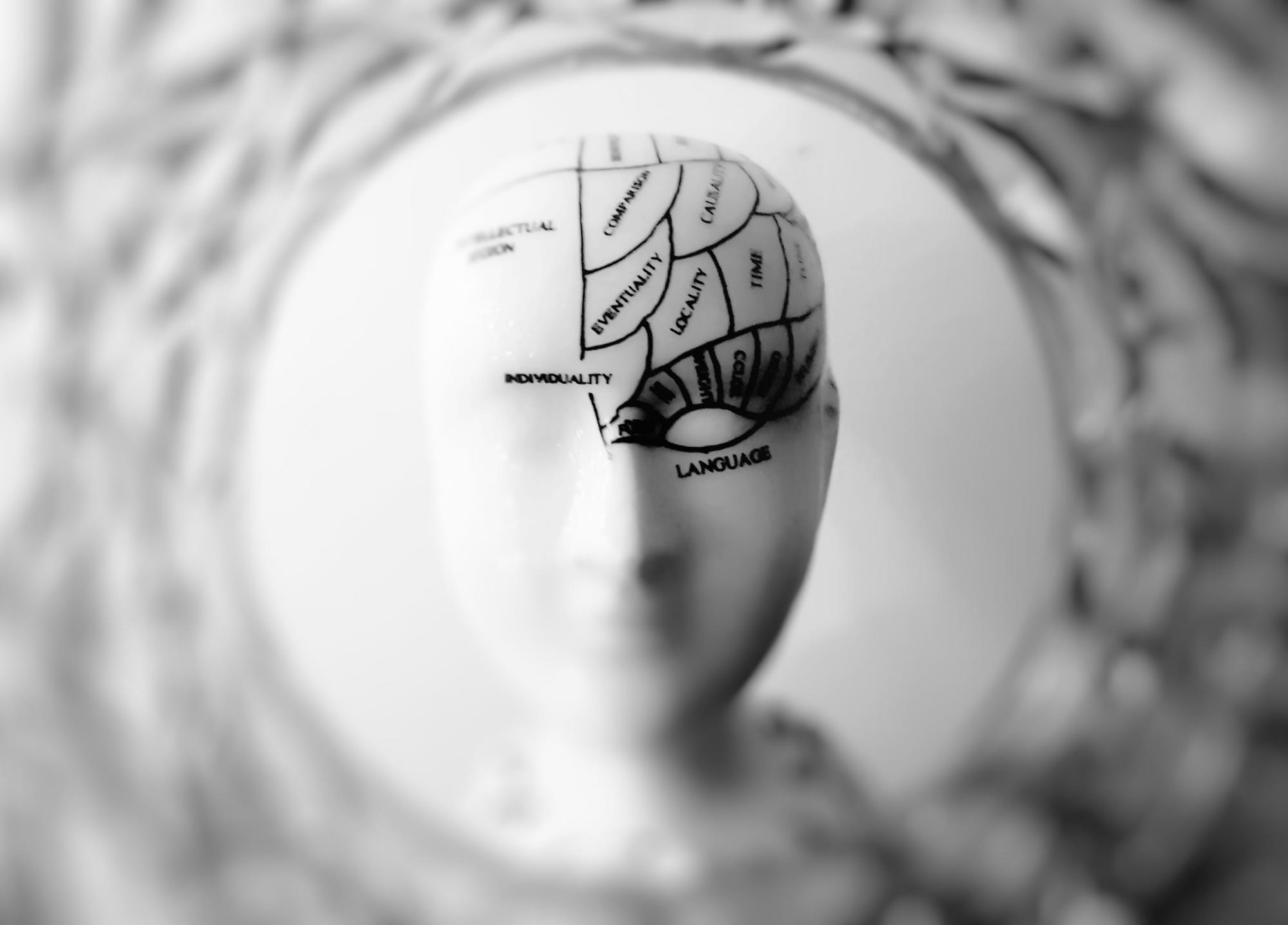Most people experience stress or anxiety as a painful and distressing event. Something that can cause overwhelming emotions and thought processes, as well as physical symptoms such as breathlessness, sweating or even panic attacks. In certain situations stress can be helpful and adaptive when it motivates you to make a decision, take action or solve problems. However, if you find yourself continually preoccupied with anxious thoughts, “what if scenarios”, catastrophic fantasies and paranoia then your anxiety is becoming a problem. Unrelenting doubt, worry and anxiety can be paralyzing and frightening. Anxiety and stress can cause illness, physical tension, headaches, panic attacks and sap your emotional energy; sending your anxiety levels soaring by interfering with your daily routines and livelihood. But the cycle can be broken.
At EnduringMind, counselling Twickenham and Whitton you can train your brain to stay calm with simple breathing techniques and regulate your emotions and phyiscal sensations. Stress and anxiety is a type of fear which is part of the fight/flight response. it is triggered in the brain’s limbic system as a response to an impending threat or uncertainty. Unlike fear, which is a response to immediate and present danger, anxiety is about the anticipation of events in the future. This means anxiety is based on fantasy (e.g. I am going to die in a plane crash) or the belief that the past will repeat itself (e.g. a memory of trauma) rather any material evidence of danger (e.g. a snake). However, anxiety is also experienced in the body.
As hormones like adrenalin and cortisol are released, the body remains on high alert - causing breathlessness, increased heartrate, trembling, knotted stomach, tense muscles, headaches, sweating etc. It becomes harmful when it interrupts a healthy state of equilibrium and your nervous system is out of balance. Unfortunately, overwhelming stress has become an increasingly common characteristic of modern life. Many people have mixed feelings about stress and anxiety. On the one hand, your worries are bothering you - you can't sleep and you can't get pessimistic thoughts out of your head. Often, however, these worries become normal and seem to make sense to you. They may arouse feelings of power and a keen sense of foresight which enables you to predict the outcome of complex or dangerous situations. For example:
- It helps me to predict certain scenarios before they happen
- It helps protect me against danger
- It helps me find the right solutions
- It keeps me sharp and focussed
- It helps me to reduce uncertainty
At Counselling Twickenham and Whitton, EnduringMind I offer interventions and techniques to break this cycle. Constant worrying often takes its toll on your mind and body. It releases certain hormones like cortisol and adrenalin which keep the body primed in a constant state of anxiety, creating tension in the neck, back and shoulders; causing stress headaches; priming you for a ‘fight and flight’; or paranoia thoughts. It keeps you awake at night and makes you tense and edgy during the day. You hate feeling like a nervous wreck and afraid someone else will notice. For most people chronic anxiety is fuelled by a set of distorted beliefs - both negative and positive. They are also reinforced by compulsive behaviours, obsessive routines and addictions, even causing ulcers and acid reflux. But some people are reluctant to let go of anxiety, because they often give them a sense of power, control or invincibility. On the negative side of things, you may believe that your constant anxiety is harmful, that it’s going to drive you crazy or affect your physical health and give you a heart attack or make you chronically ill. You may worry that you’re losingcontrol and it will never stop. On the positive side of things, you convince yourself, anxiety helps you to predict the outcome, avoid uncertainty, prepare you for the worst, or lead to solutions. However, persistent negative beliefs, or worrying about worrying, only adds to your anxiety. Overly positive beliefs about anxiety can be just as damaging. It’s tough to break free of the habit and worst still it can become addictive and self-reinforcing. Just like Pavlov’s dog you end up conditioning your brain with repetitive patterns of thinking, feeling and behaving in order to cope; especially if you believe your anxiety somehow protects you. In order to prevent anxiety, you must eventually give up your belief that anxiety serves a positive purpose and step out of repetitive cycles with simple ways to find peace - such as body scans, watching the breath and muscle relaxation. Once you understand that anxiety is the problem, you regain control of your mind and body. There are steps for reducing anxiety and panic attacks.



